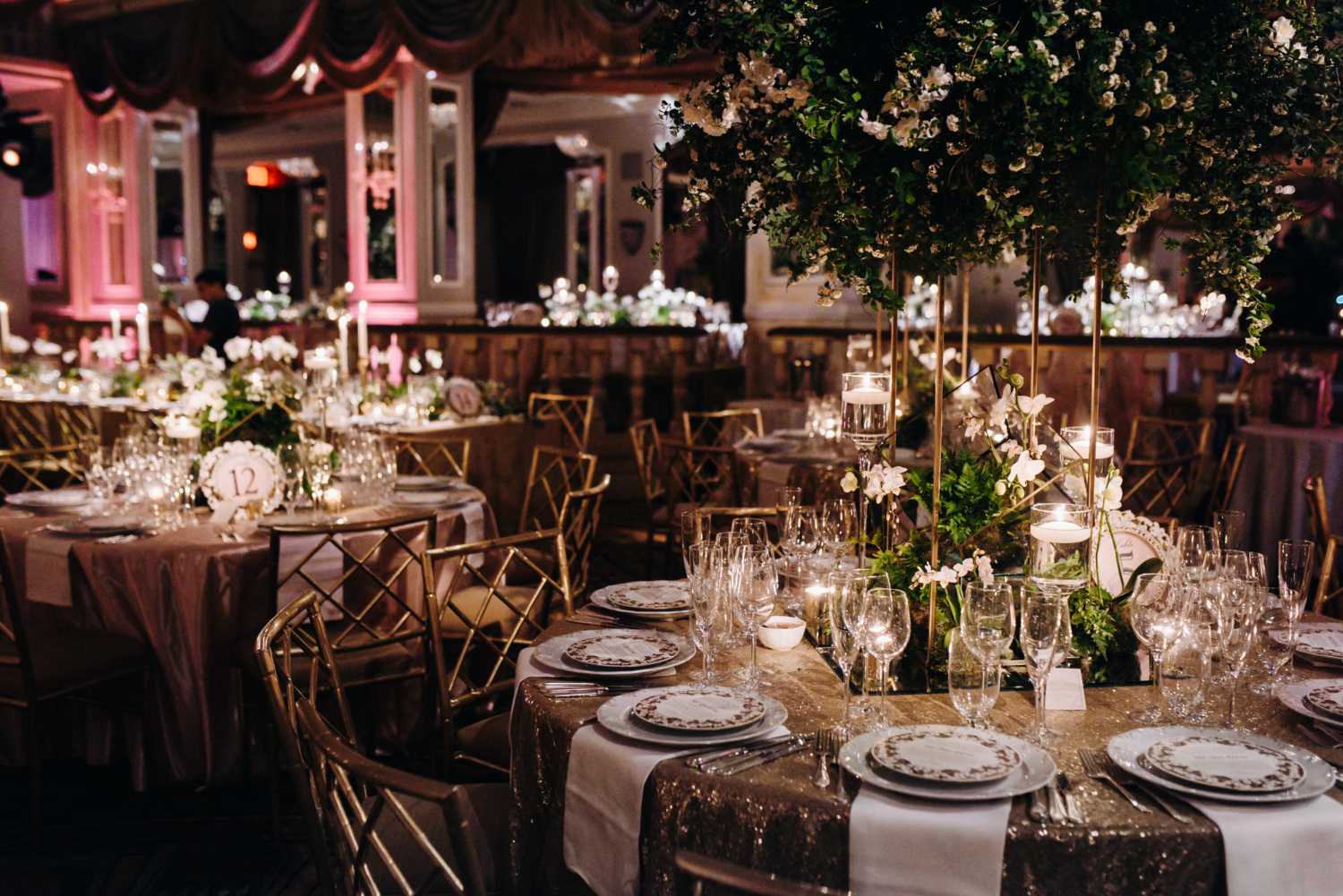Changes in customer needs and preferences and the use of new technology are some of the factors impacting the most dynamic trends in event planning. As we look into 2025, we consider focusing on the event impact to be remembered while staying ahead of the number of opportunities the technology presents. These trends are bound to change the face of community meetings, conferences, weddings, and event planning in 2025.
Listed below are the trends you should definitely have a look at:
1. Comprehensive Encounters Capture Attention
In this modern world of advancement, where the use of AR and VR is common, the introduction of comprehensive event planning is a must that centers on creating a unique world where guests feel involved.
Businesses now use interactive booths and AR/VR experiences guided by virtual hosts to immerse attendees in brand storytelling.
Brand and corporate events today have taken into consideration the approach of staging elaborate brand showcases using VR technology, where potential customers virtually explore a company’s mission and vision. With these modern technologies, attendees will be ultra-engaged, which makes the long-lasting memories mark the brand identity, and the brand’s perception appreciation can be greatly improved by brand identity initiatives.
2. Sustainability as Non-Negotiable
Sustainability in 2025 will lead the trends for planning events. Planners are using electronic invitations and working with local vendors to further cut carbon emissions. For destination wedding planning, this could mean choosing to add eco-pass-throughs or green-certified venues as available options, along with incorporating bamboo or recycled fabric materials into the decor.
Sustainable events boost brand positioning by showcasing corporate responsibility and attracting value-driven audiences. Planners must scrutinize every detail, such as food, transport, and every other essential inclusion, to fold sustainability into woven planning.
3. Hybrid Events Are Here to Stay
In 2025, the hybrid model of events, where both physical and virtual attendance are simultaneously offered, continues to thrive. Accessibility remains a critical advantage as people can attend without needing to travel, greatly reducing expenses. Particularly, corporations enjoy the advantages of hybrid events as they allow their global teams to synergize while driving brand adherence through coherent messaging across channels.
For event planners, mastering hybrid events means investing in high-quality streaming technology and engaging virtual content. Remote participation also encourages the introduction of more advanced engagement methods like live polling, Q&A sections, and virtual networking lounges. Likewise, the concept of hybrid weddings is being taken a step further by including live streaming of wedding ceremonies for guests who are unable to travel.
4. Personalization Through Data and AI
Personalization is an expectation rather than a luxury. Planning events in 2025 will largely rely on data and AI technology for customization to the individual’s choice. From event apps that serve recommended sessions based on interest to AI-powered chatbots for guests’ questions, the level of technology applied makes events feel tailor-made. For corporate events, married with data analytics, attendee engagement can also be tracked, which makes planners’ work easier by aligning future events with brand objectives.
5. Micro-Events for Maximum Impact
In 2025, smaller, more personal gatherings are becoming popular. Micro-events emphasize intimacy to promote a deep connection between attendees. For business events, this may imply branded workshops or roundtable sessions that promote brand identity by demonstrating the company’s knowledge. In wedding planning, micro-weddings allow fewer than 50 guests, providing them the opportunity to have luxurious, expertly planned experiences in beautiful locations.
Planners can take advantage of this trend by focusing on high-impact details such as sculptured menus or customized entertainment in order to sculpt memorable moments while using small spaces. As Celestine Event showcases, small gatherings can serve as powerful mediums to communicate a brand’s mission and values.
6. Cultural and Local Integration
Cultural integration in events is not new, but in 2025, it will be present in nearly all destination weddings and corporate retreats. Guests want something that highlights the character of the region where the event was held. A wedding in Tuscany, Italy, can include wines from Tuscany along with Italian musicians. Dubai showcases regional art and cuisine during its corporate events.
Conclusion
The event planning 2025 demands the combination of adaptability with trend sustainability, and customization. It barely matters if you are an event planner for a couple planning a destination wedding or a corporate event; following the latest event planning trends is the need of the hour. Implement your technology, sustainable initiatives, hybrid formats, AI-driven personalization, micro-events, cultural integration, and immersive practices to plan events that far surpass expectations. Plan the best event in 2025 with immersive strategies.
